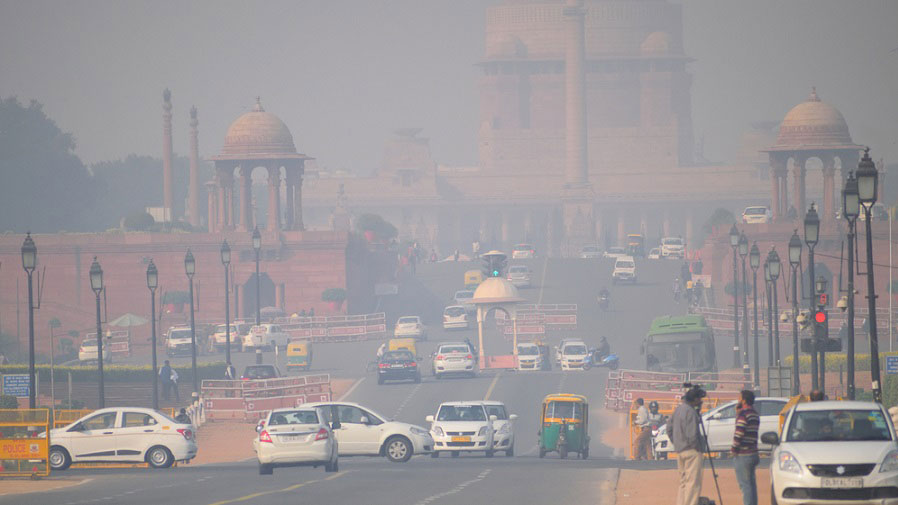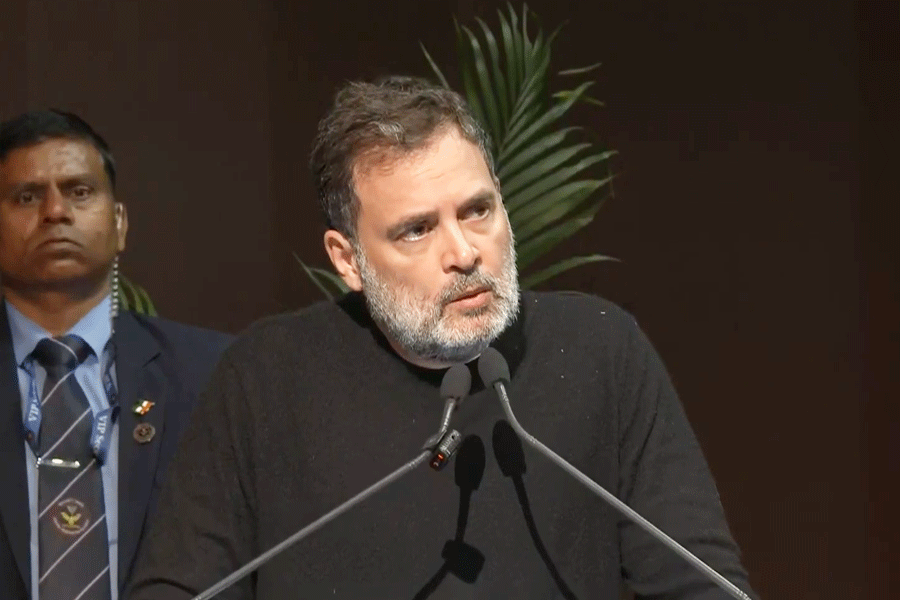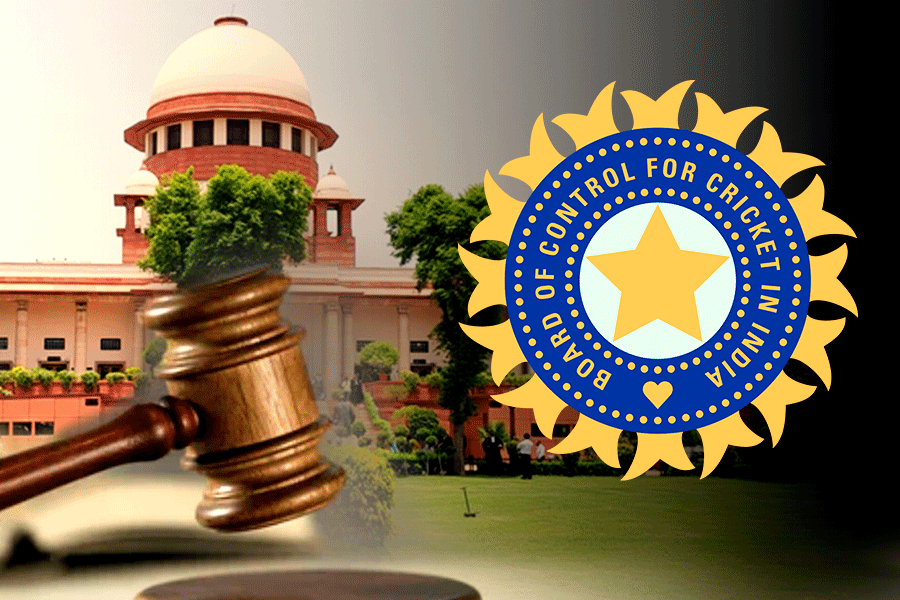The fight against air pollution is long and arduous. Three years after the launch of the National Clean Air Programme — it aims to reduce air pollution by 20-30 per cent by 2024, particularly in 132 non-attainment cities — data show that there has been a marginal decrease in pollution levels in certain targeted cities. Among the 12 cities which cut down pollution levels by more than 10 per cent, Varanasi, astoundingly, reduced its PM2.5 levels by 52 per cent and PM10 levels by 54 per cent. The other cities which met a reduction target of at least 20 per cent were Hooghly in West Bengal and Talcher in Odisha. This is where the good news ends. Data show that air pollution has increased in several cities: Mumbai, Navi Mumbai and Nashik saw an uptick in pollution levels between 2019 to 2021. Ghaziabad and Delhi continue to top the list as the two most polluted cities in the country. Significantly, all 132 cities were unable to attain the national annual safe limits for particulate matter. Another alarming finding was the chronic underutilization of funds across states and Union territories. The programme was allotted Rs 375.44 crore from 2018-19 to 2020-21 for 114 cities; subsequently, a sum of Rs 290 crore, targeted at 82 cities, was pumped in for the financial year 2021-22. While Bihar and Chandigarh utilized 76 per cent and 81 per cent of the funds, respectively, Uttar Pradesh, one of the most polluted states, used a paltry 16 per cent of the allocated Rs 60 crore and Maharashtra used even less at 8 per cent.
The lack of progress in the three years since the introduction of NCAP exposes administrative apathy in addressing the spectre of air pollution. Several measures are called for. The NCAP must be notified under the Environment (Protection) Act, 1986 or the Air (Prevention and Control of Pollution) Act, 1981 so that it becomes legally binding for the parties to meet their targets. Identifying interim mid-term targets, real-time monitoring of city-wise progress as well as regular meetings of committees and task forces could lead to incremental but steady progress. There is also the case for greater allocation of funds — the Union budget for 2022-23 reduced the funding for pollution control by Rs 10 crore — but that alone will not lead to any significant changes unless the structure and functioning of the institutions in charge are overhauled. A stronger political will coupled with institutional accountability would be essential to remedy the situation.










